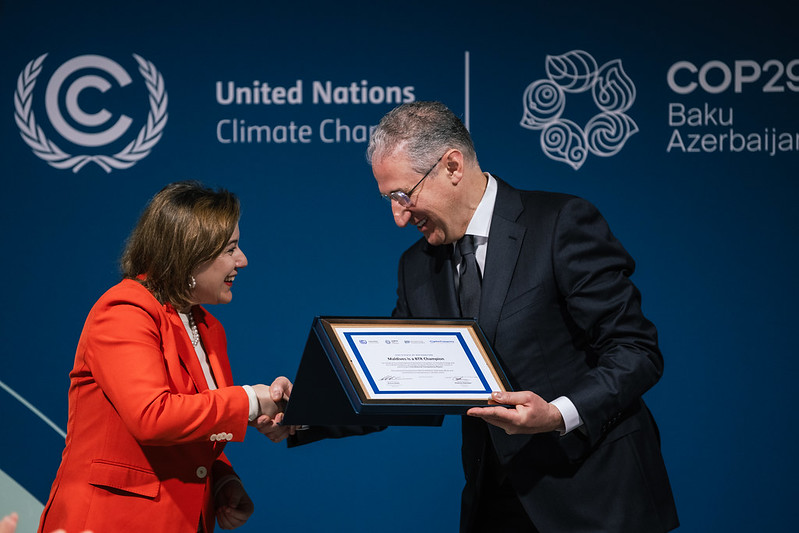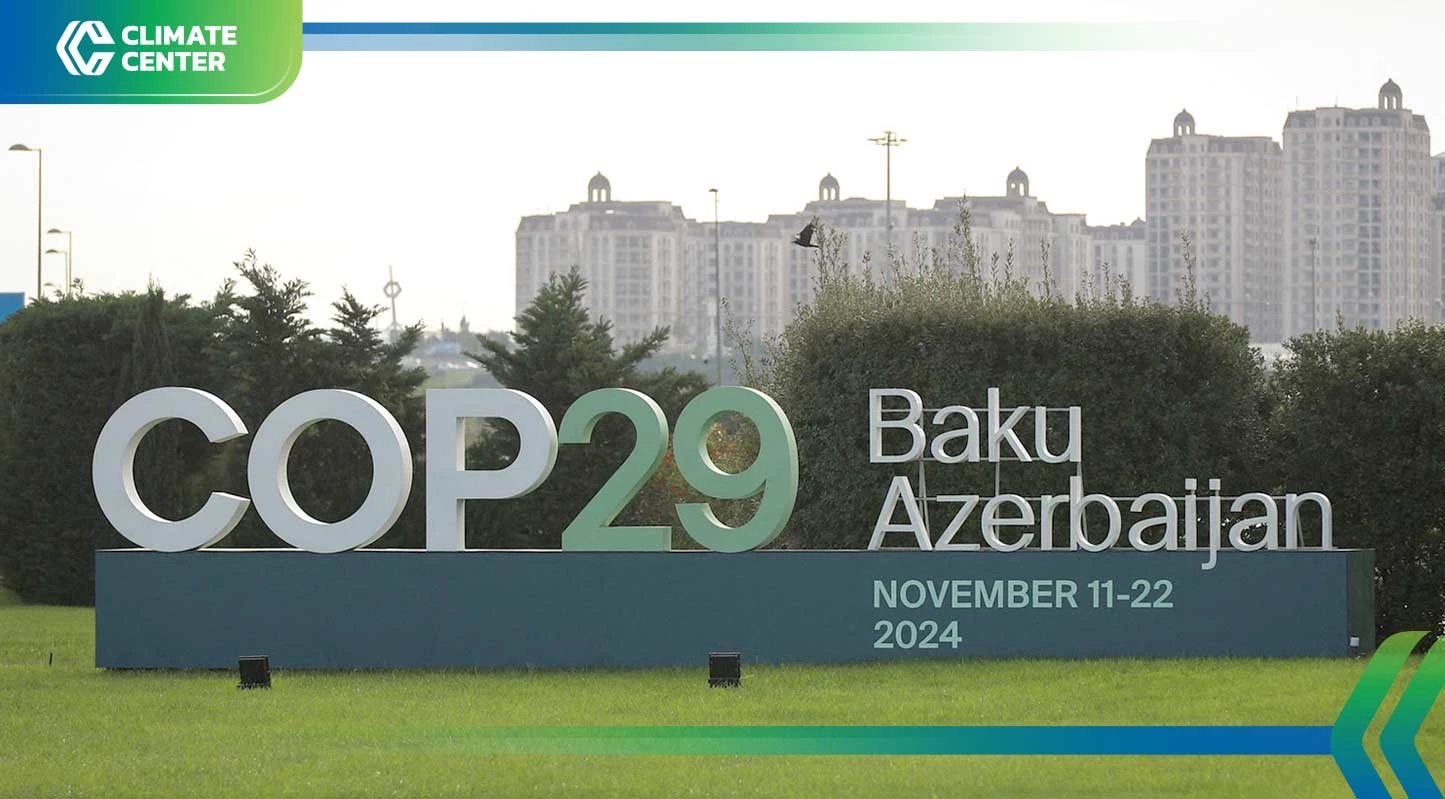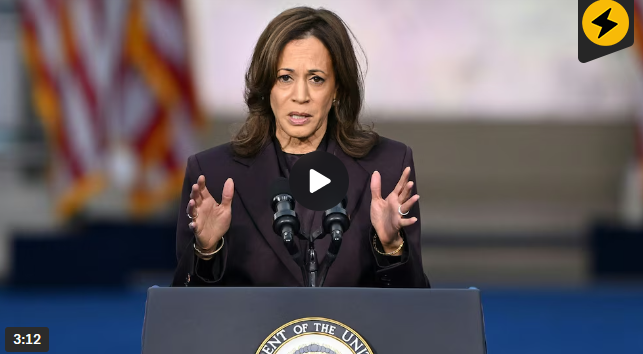Farmers Urged To Adopt Good Agricultural Practices

Farmers urged to adopt good agricultural practices, appropriate agro-chemicals for increased sustainable productivity.
Also, they should use the appropriate planting materials that will make their work easy and ensure good yields.
Mrs. Yaa Peprah Amekudzi, Country Lead of Modelez International Cocoa Life, said this at the handing-over of motorised pruners to 44 communities in the Wassa East district of the Western Region.
It was on the theme ‘Transforming people’s lives by addressing non-economic barriers to cocoa sustainability’.
She explained that the pruners are to make the work of cocoa farmers easier, reduce dredging and avoid labour work.
“On January 28, 2008, our flagship sustainability programme was established in Ghana with full presidential blessings from President John Agyekum Kufuor, with a pledge to create value across the chocolate business; protecting and growing cocoa supply, brand and reputation, and consumer value,” she said.
To date, she said, the organisation has expanded from 100 communities in 2008 to 447 communities. “We have expanded from five districts to 15 districts; 2,900 cocoa farmers to 37,200 cocoa farmers; and from a yield of 320kg per hectare to 1,000kg on average”.
She explained that Mondelez International pledged US$45million from 2008 to 2018 to support the farmers. “However, in 2012 – bolstered by successes of the programme, we revised our pledge to US$100million up to 2022.
“For us at Mondelez International, we place great premium on strengthening our supply chain – particularly the people that bring value to the chain,” she said. “This is why through our Cocoa Life programme – just as we ensure that with Ghana Cocoa Board and Ministry of Food and Agriculture (MOFA) farmers learn and adopt good agricultural practices to increase productivity – we also work with various non-governmental organisations and community members to create the type of community that cocoa farmers and their children want to live in,” Mrs. Amekudzi added.
She mentioned that through the Cocoa Life Programme and agencies such as the National Board for Small Scale Industries (NBSSI) and Department of Cooperatives, “we facilitate financial security by diversification into consistent additional income generation and wealth-creation. We work with the United Nations Development Programme (UNDP) and Forestry Commission for the conservation of land as a promise to future generations.
“In 2009, while working out a plan for distribution of agro-chemicals, we focused on pruning and weeding farms as part of our strategy for tackling non-economic barriers to sustainable cocoa production,” she said.
This, according to her, resulted in yields doubling within a year and some within two years. “That reinforced us to make pruning a key activity for the farmers. And when I talk about pruning, I mean the scientific tried and tested way of pruning. It took a while for farmers to adopt this; and while evaluating the pruning exercises’ performance and progress, a key feedback from the women in cocoa farming was that the manual pruners were laborious.
“They were also not enthused by the number of days taken to prune an acre of cocoa trees. Their feedback took us back to the drawing board; the procurement of motorised pruners is a result of listening to our partner cocoa farmers,” she further explained.
She stated that through the Cocoa Life Programme, 858 motorised pruners have been distributed to farmers at a cost of GH¢5,089,500.
Mr. Kofi Ayiah, Director of Agric, urged farmers to always adopt best practices and also make the agriculture business attractive to the people, especially the youth.
He advised cocoa farmers to use the motorised pruners for their intended purpose to ensure their life-spans.
Farmers have been admonished to learn and adopt good agricultural practices and use.







